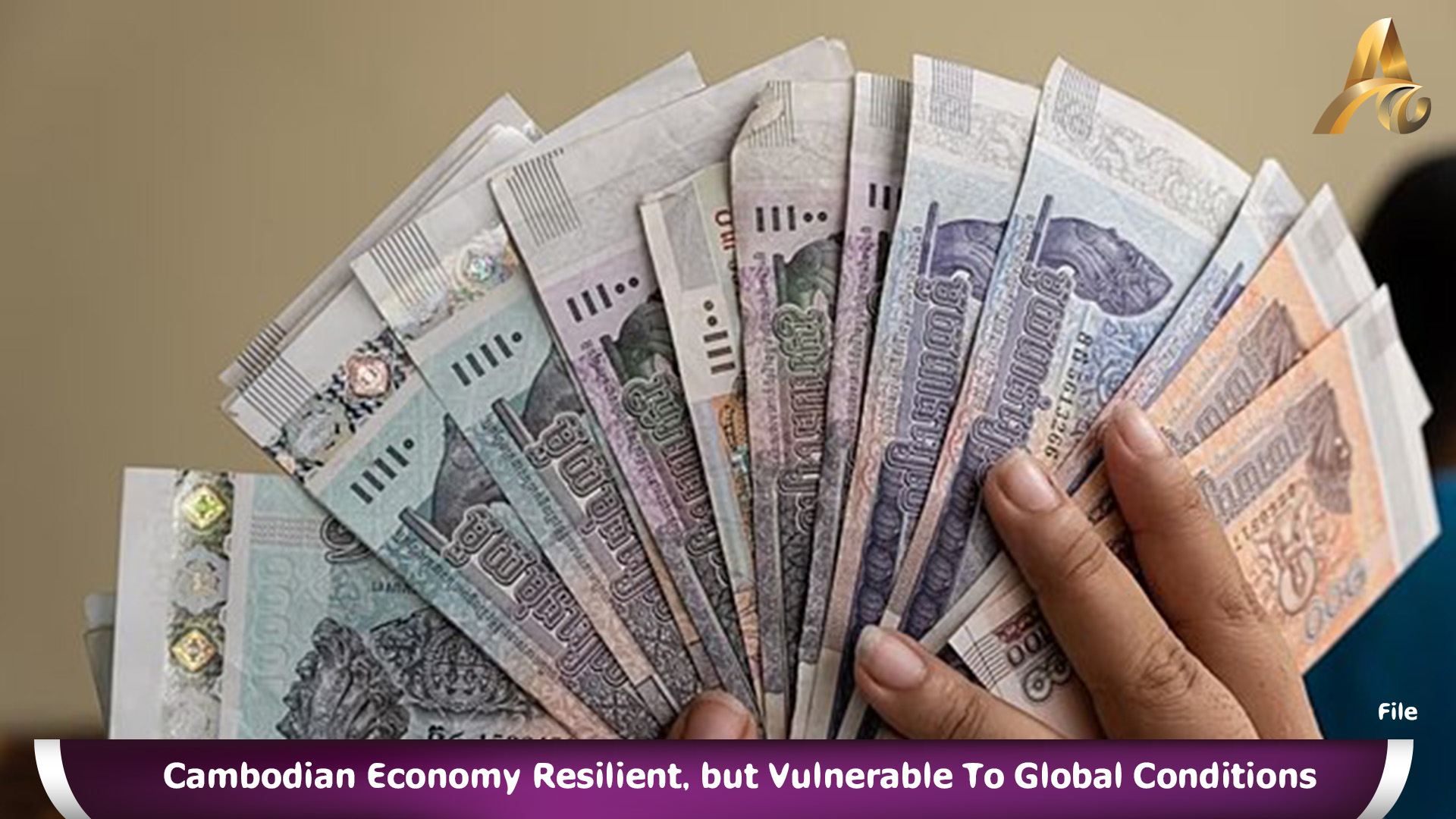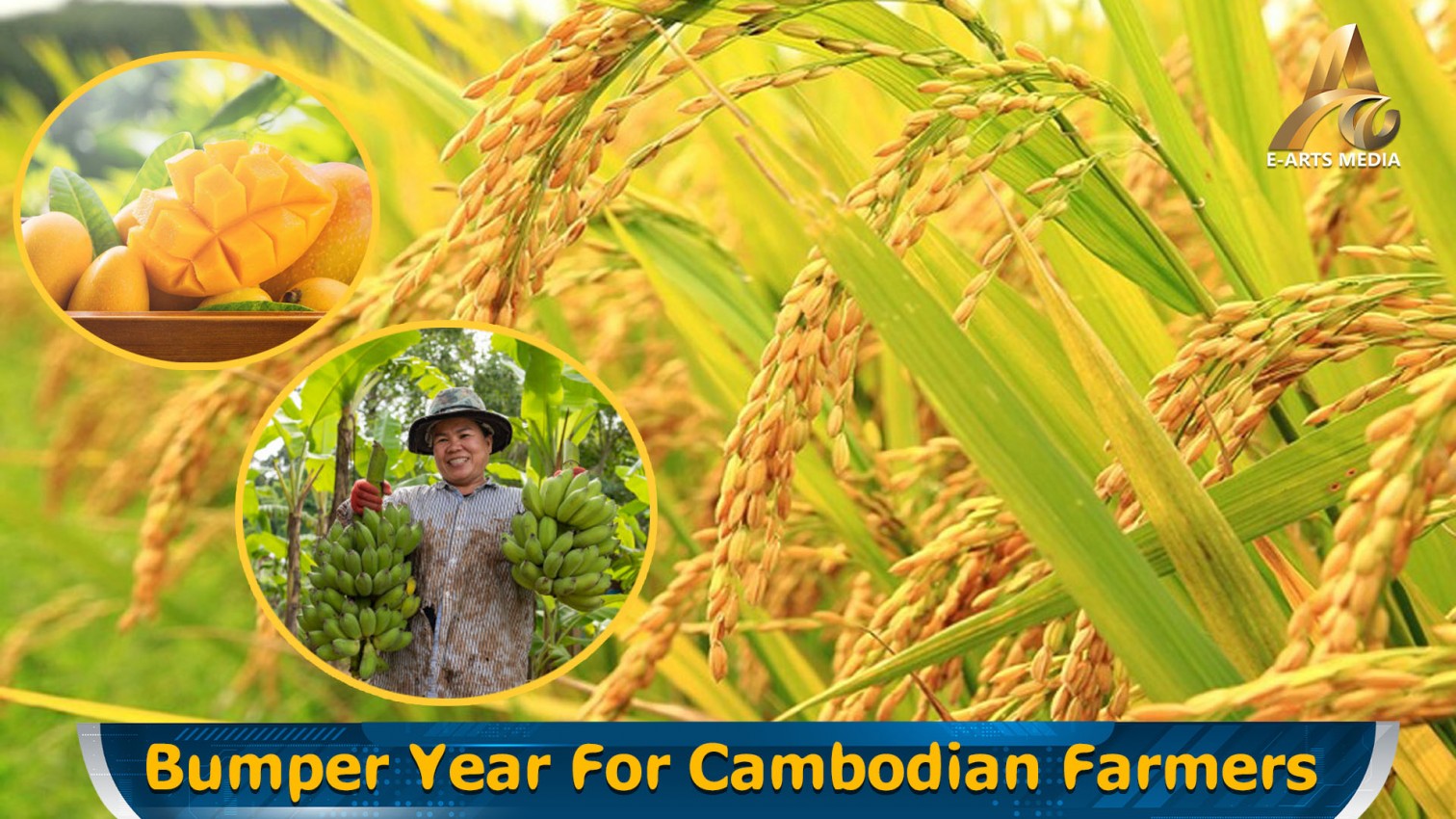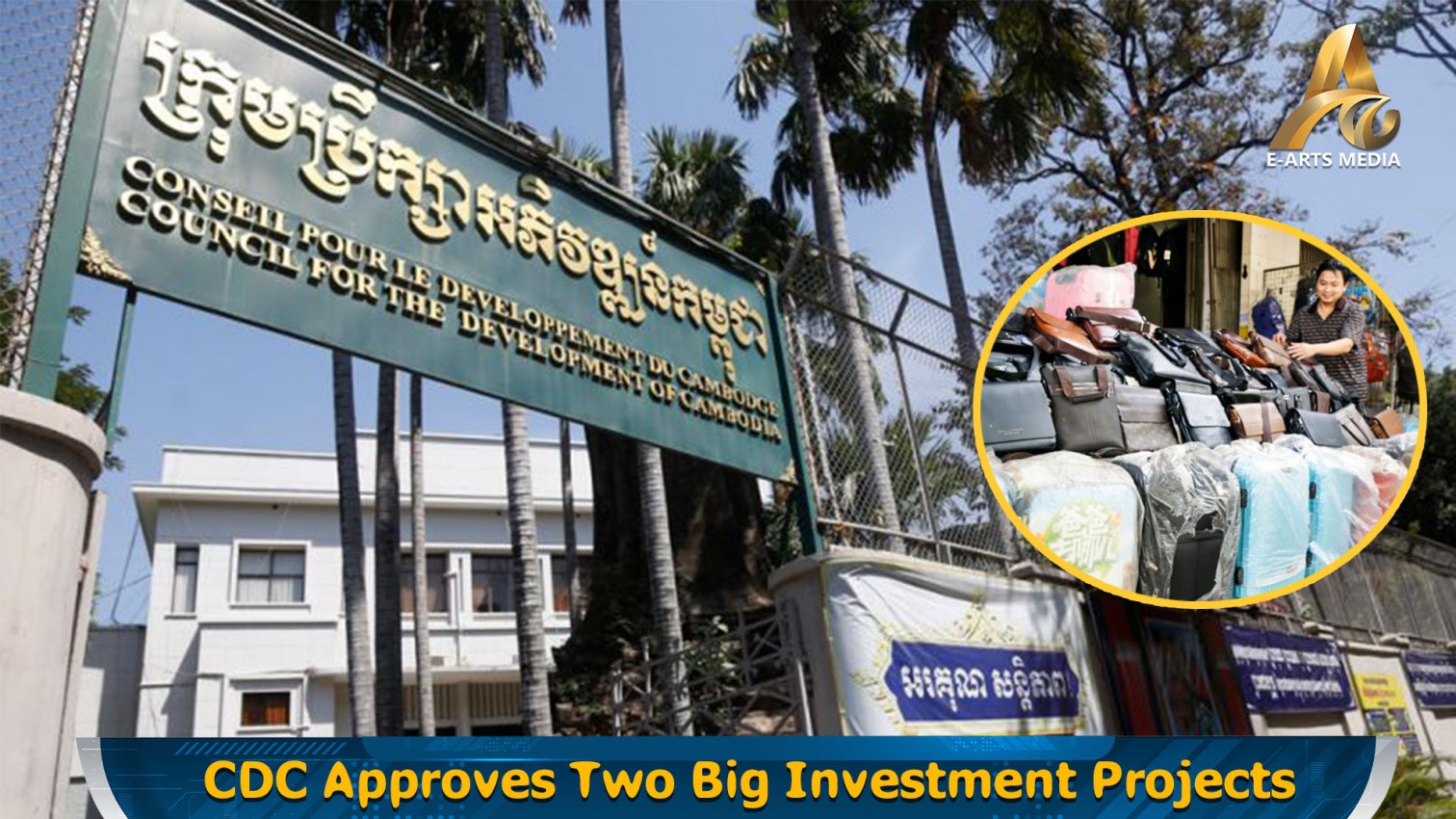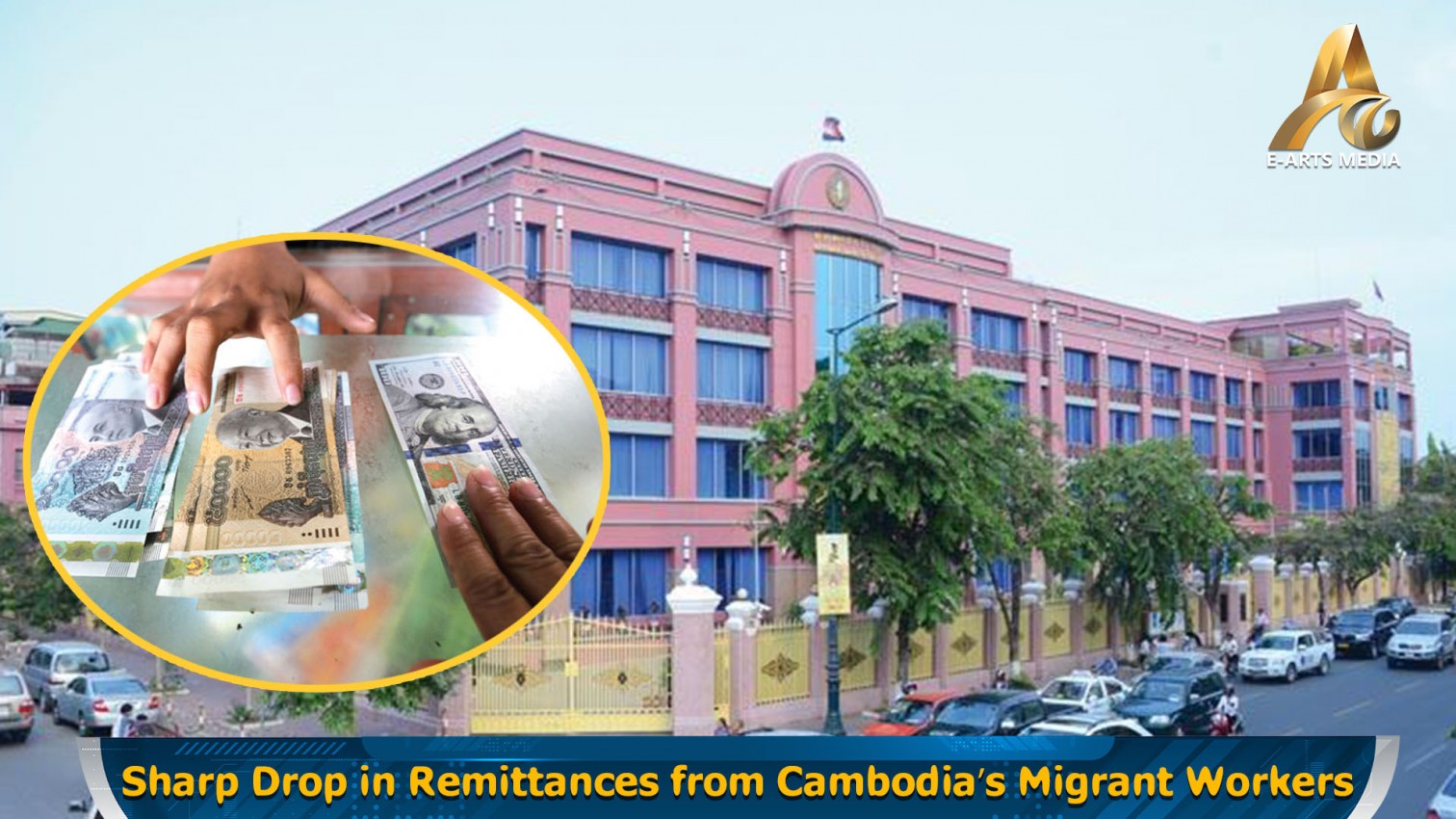PHNOM PENH: According to the outgoing governor of the National Bank of Cambodia, Chea Chanto, the Cambodian economy has proved resilient based on the bank’s first-half of 2023 review. In the face of such challenges as high inflation, debt burdens, climate change and the tourism sector’s continuing recovery from the Covid-19 pandemic, the economy’s growth has stayed in line with its projected growth at 5.6% for the year.
Although numbers have dropped for Cambodia’s top exports like garments, footwear and travel goods, the Kingdom did ship greater quantities of milled rice, electronics and natural rubber, reflecting the government’s efforts to diversify Cambodian products. The Ministry of Commerce reported a 24% increase in exports to regional RCEP member countries following a preferential trade agreement that was signed last year and allows duty-free trade between 15 countries including Southeast Asia, China and Australia.
Chea Chanto also reported on Cambodia’s growing agricultural industry which has kept a rise in food prices at bay, along with lower gas prices. He noted that the real estate market has slowed in its growth and reflects a great deal of uncertainty due to its heavy reliance on external variables.
The government announced its baseline projection for economic growth this year at 5.6%, which was one percent less than had previously been predicted. The projection was ultimately adjusted due to global unrest that has resulted in worldwide inflation, reduced demand and a general slowing of economy. Meanwhile, the World Bank has projected a 5.2% growth rate for 2023.
Cambodia’s inflation rate dropped to its lowest in nine years when it hit 0.48% in May. Within three months, however, the rate has risen to 1.2% but is on trend with global interest rates falling.
The country’s plan for tourism recovery post-Covid seems to be on track, especially boosted by this year’s hosting of the SEA and Para Games, which attracted thousands of foreign visitors in May and June. Last week, the APSARA National Authority reported a 124% increase in visitors to the Angkor Archaeological Park as the tourism numbers steadily increase. The opening of the Siem Reap International airport in October is also expected to contribute to the industry.
As Cambodia’s economy continues to grow, it is especially vulnerable to external forces such as climate change and preferential trade agreements. In 2020, the European Union partially withdrew its duty-free “Everything But Arms” (EBA) benefits from Cambodia citing human rights violations. That same year, the US failed to renew its duty-free tariffs for the country, which Minister of Commerce Pan Sosak urged the country to renew on August 2. Prime Minister Hun Sen has expressed little concern for these matters and said that the country must be resilient, as the EBA benefits will be completely gone once the country becomes a high-middle-income country, which his government predicts will be in 2026 or 2027.























